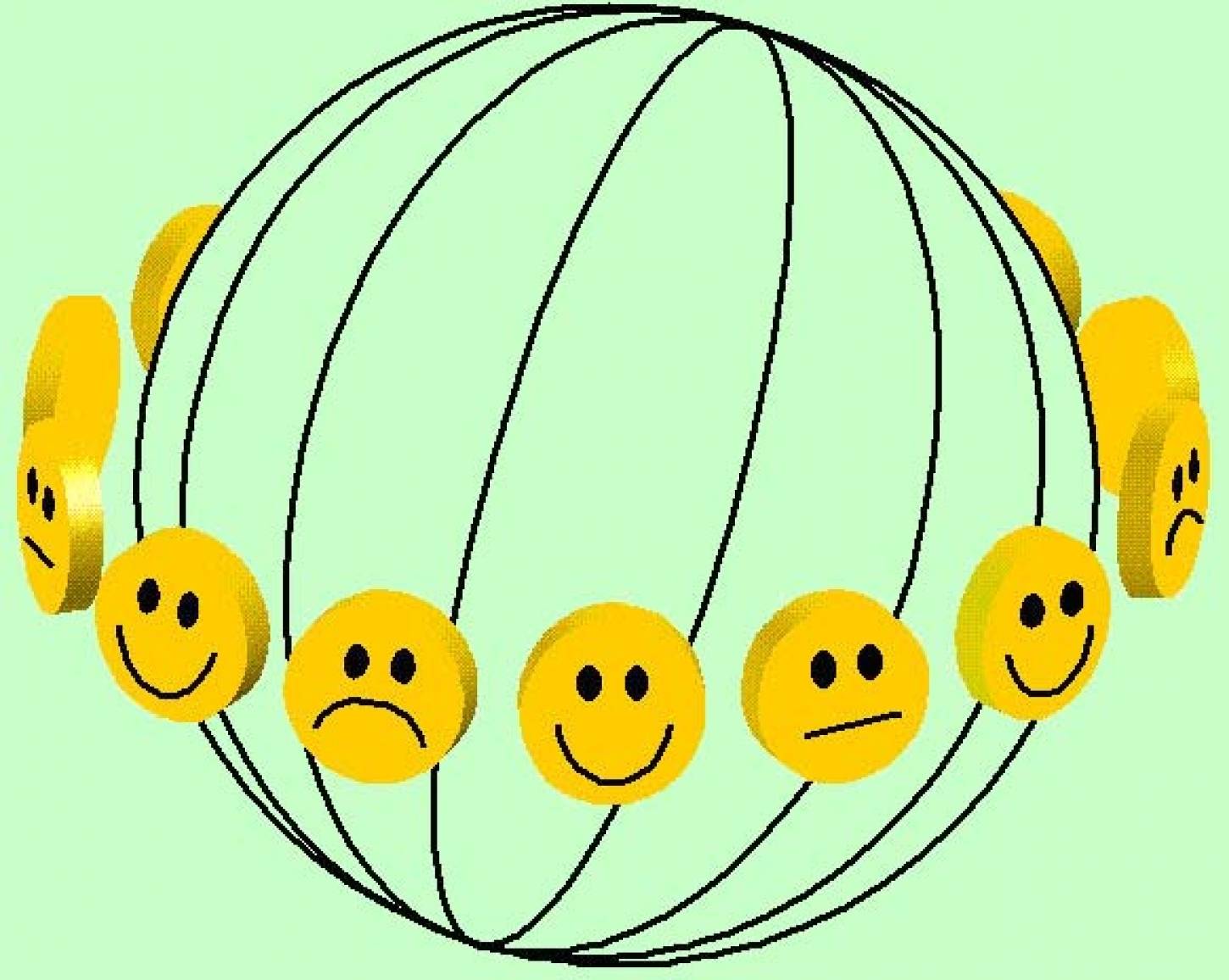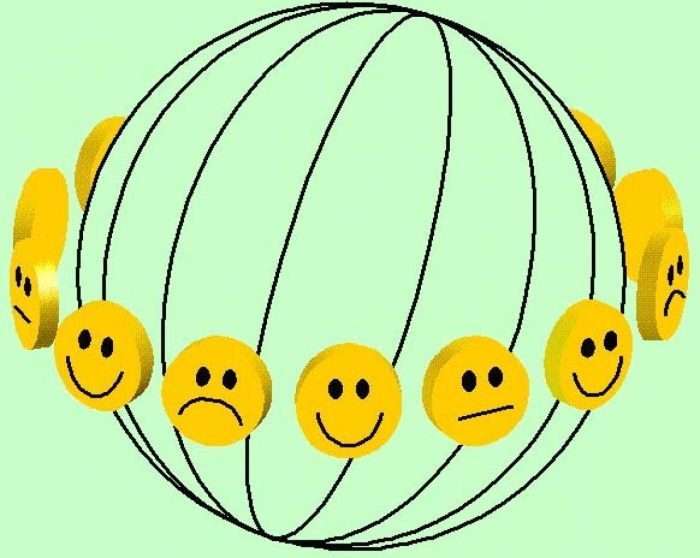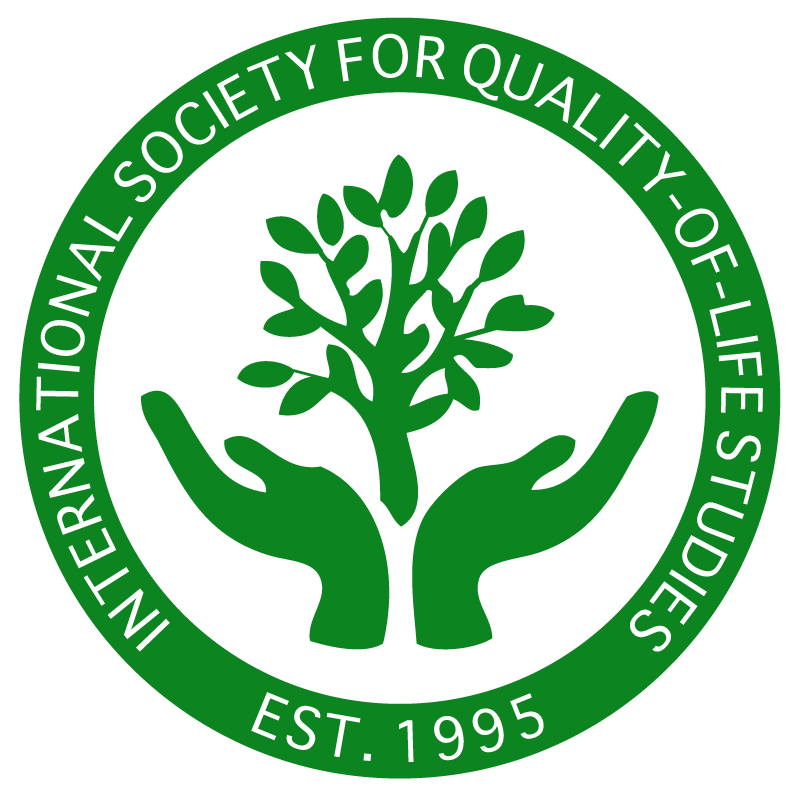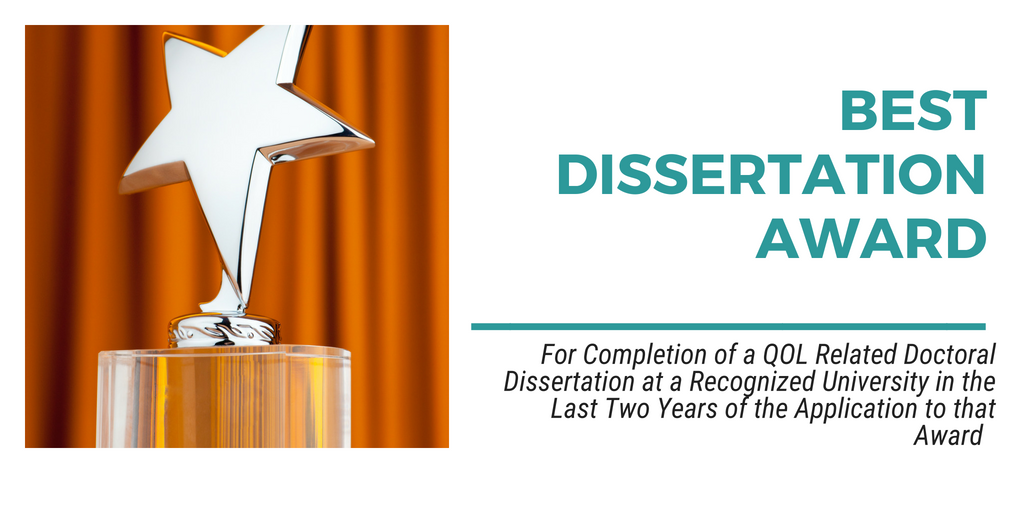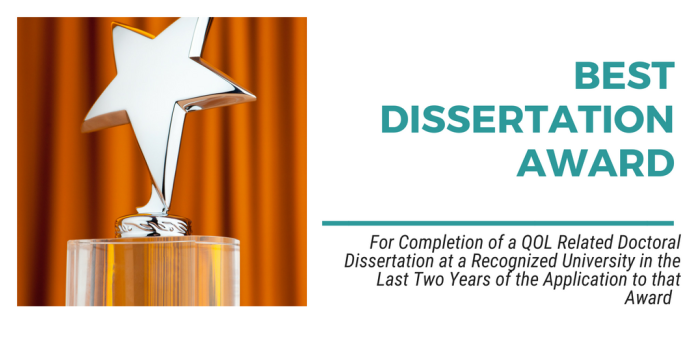Frontiers in Psychology requested manuscripts for a special issue: COVID-19 and Existential Positive Psychology (PP2.0): The New Science of Self-Transcendence. This Research Topic aims to examine the different approaches to Positive Psychology and their influence on individual wellbeing during the COVID-19 era. Dr. Lilian Jans-Beken submitted an abstract , titled A Perspective on Mature Gratitude as a Way of Coping with COVID-19, in which she outlines a proposed perspective and today she got word that the abstract is accepted by the guest editors of this special issue and published March 22, 2021.
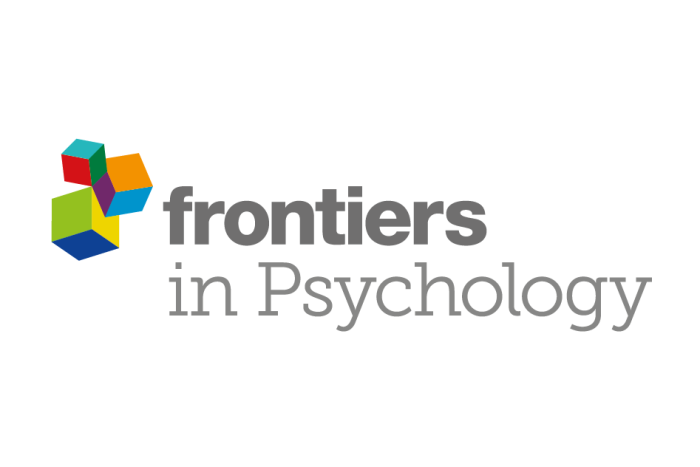
One of the exciting development in the positive psychology of wellbeing is the mounting research on the adaptive benefits of negative emotions, such as shame, guilt, and anger, as well as the dialectical process of balancing negative and positive emotions. As an example, based on all the empirical research and Frankl’s self-transcendence model, Wong has developed the existential positive psychology of suffering (PP2.0) as the foundation for flourishing. Here are a few main tenets of PP2.0: (1) Life is suffering and a constant struggle throughout every stage of development, (2) The search for self-transcendence is a primary motive guided by the meaning mindset and mindful mindset. (3) Wellbeing cannot be sustainable without overcoming and transforming suffering.
As the COVID-19 pandemic continues, we all must adjust to a world that was already been scourged by conflict, natural disasters due to climate change, and other serious adversities. The SARS-CoV-2 virus forces us to physically distance us from others and abstain from important social behavior. We all experienced lockdowns and are still strongly advised to refrain from larger gatherings and unnecessary traveling. Many people have lost their jobs because of the economic decline and face poverty. Above all, there is an existential fear that lingers in our daily life now COVID-19 is threatening the lives of the vulnerable and old. The main question for this perspective is if mature gratitude can be a way to cope with the threats and new boundaries because of the COVID-19 pandemic?
You can read the article here. We congratulate dr. Lilian Jans-Beken with this publication.


